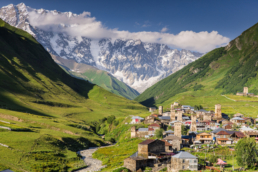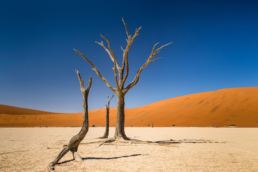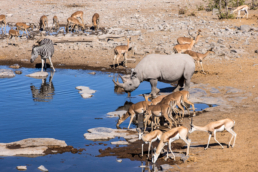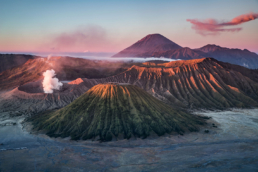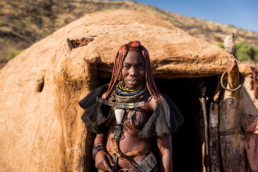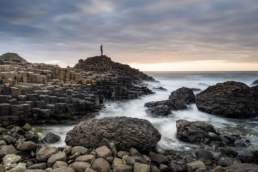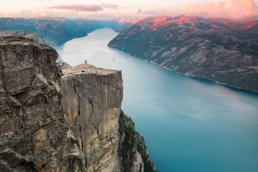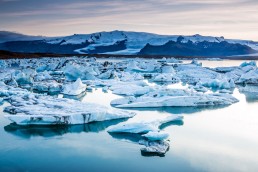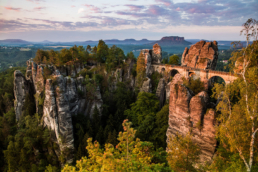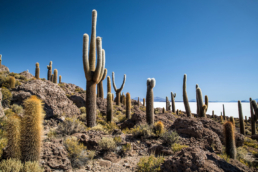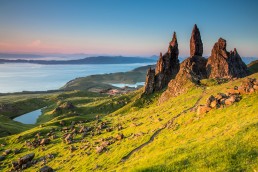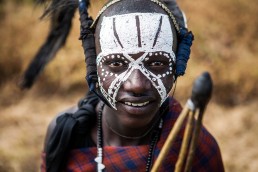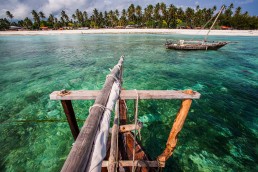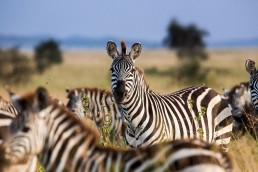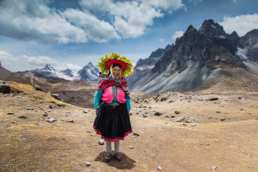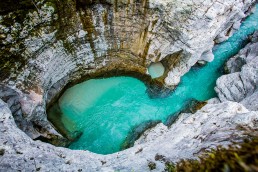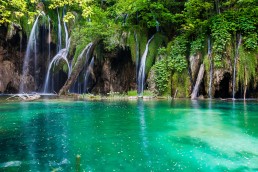
Galapagos Islands, a volcanic archipelago off the coast of Ecuador, are known for Darwin’s evolution theory. Much of the wildlife on these islands are often only found in this part of the world, and some are even endemic to a single island.
Unique wildlife of the Galapagos
For those wildlife enthusiasts, Galapagos Islands will surpass their expectations. From sea lions basking in the sun to blue footed boobies doing their mating dance, from centuries-old giant tortoises roaming the forest to colorful iguanas perched on rocks, you’re sure to leave this place with lots of up-close photos of these unique species. And that’s just on land, as the unique diversity of marine life is equally impressive. Penguins, hammerhead sharks, nurse sharks are in abundance and they are extremely well protected. Every island has its different species, so make sure to hop between the islands.
Santa Cruz
On Santa Cruz at Playa El Garrapatero, you can observe marine iguanas and the red Sally Lightfoot crabs cohabiting the area while in the highlands, tortoises walk freely through the lush vegetation.
For an exact location where the photo was taken, you can save the photo or hover over it.















Seymore Island
Seymour Island offers a dry landscape full of frigate birds, land iguanas and seal lions all surrounded by cactus and red plants that carpet large areas of the island.













Bartolomé Island
Just a short boat trip from Santa Cruz is the island of Bartolomé with its iconic pinnacle rock piercing out of the water. After a short hike up the rocky terrain, you will get to one of the Galapagos’ most spectacular viewpoints, where you’re rewarded with a magnificent view overlooking the island


San Cristobal
On the island of San Cristobal, the Loberia beach allows you to interact with large colonies of sea lions, sometimes counting up to 70 animals. Sea lions outnumber people by far on this beach. Ending the day on the beach as the sun is setting, surrounded by sea lions, is not something you can experience every day. Near the harbor, many blue-footed boobies can be spotted on the rocks drying off.
I highly recommend La Galapaguera, home to a protected giant tortoise reserve where you can observe these gentle giants slowly passing by you.

















Volcanic landscape and unique flora on Isabela Island
The islands itself all vary in terms of landscapes, from the lush mountainous highlands of Santa Cruz to the barren landscape of San Cristobal and volcanic formations of Isabela.
The crater hike of Sierra Negra on Isabela gives you stunning views over this unique landscape and the island. The hike takes you across red and black volcanic rocks as well as craters. The black lava fields are still active and seismologists monitor the area constantly as the last eruption was in 2018. Standing at the rim of the caldera of Sierra Negra was truly a highlight of the island.
Besides some good hiking, Isabela is also home to a divers species of wildlife including flamingos, penguins, blue-footed boobies and sea lions. Many of these animals can be seen on a tour to Las Tintoreras, a cave tunnel system where you can go snorkeling with these animals and even see white tipped sharks hiding on the ocean floor.














Combine all the beauty of these different islands and the unique wildlife with a friendly population who truly takes pride in protecting their islands, and you can see why so many people are drawn to it. If you’re planning a trip to Ecuador make sure to include the Galapagos Islands to your itinerary!


